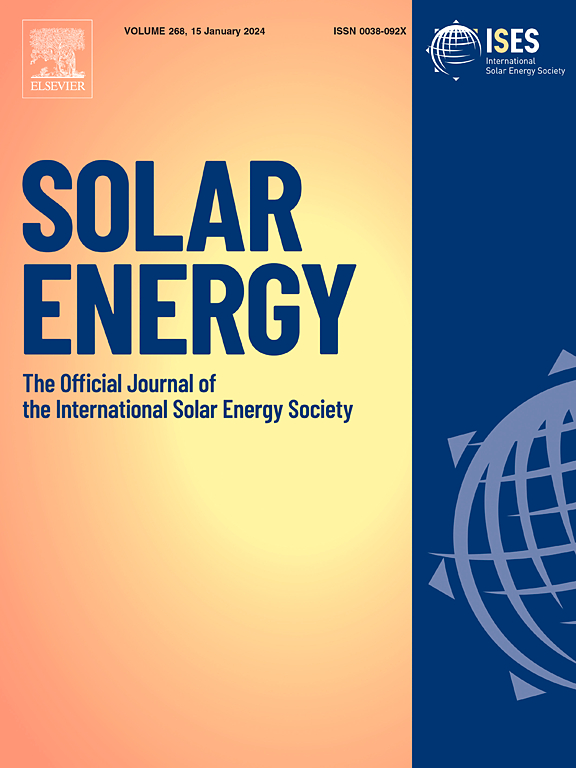Enhanced PV power harvesting and grid support through decoupled predictive power control of multi-functional split-source inverter
IF 6
2区 工程技术
Q2 ENERGY & FUELS
引用次数: 0
Abstract
This paper investigates a novel multi-functional photovoltaic grid-connected inverter (MF-PVGCI) configuration employing a split-source inverter (SSI), which offers significant advantages over conventional impedance-source inverters. The suggested MF-PVGCI operates adaptively in three distinct modes; full active power filter (F-APF) mode, partial active power filter (P-APF) mode, and real power injection (RPI) mode, based on the solar irradiance availability. To enhance system performance, a multi-objective control structure based on a finite set-model predictive control strategy is suggested to maximize the power harvested from the PV array and to control the grid active and reactive powers in a precise decoupled manner. This control structure allows the SSI to operate as a reactive power compensator to meet the demands of nonlinear loads connected at the point of common coupling (PCC) and supply these loads by the maximum harvested PV power and inject any surplus power into the grid. The suggested control structure is designed in a straightforward manner making it suitable for practical implementation. Simulation results, hardware-in-the loop (HiL) tests, and comparative analysis validate the effectiveness and robustness of the suggested multi-objective control structure.
求助全文
约1分钟内获得全文
求助全文
来源期刊

Solar Energy
工程技术-能源与燃料
CiteScore
13.90
自引率
9.00%
发文量
0
审稿时长
47 days
期刊介绍:
Solar Energy welcomes manuscripts presenting information not previously published in journals on any aspect of solar energy research, development, application, measurement or policy. The term "solar energy" in this context includes the indirect uses such as wind energy and biomass
 求助内容:
求助内容: 应助结果提醒方式:
应助结果提醒方式:


